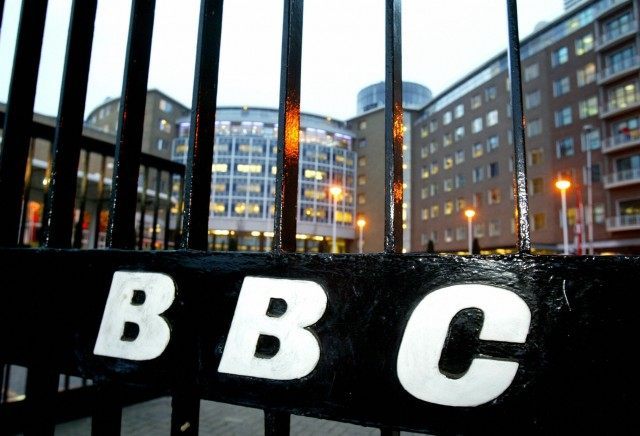Former British Cabinet Minister Norman Baker has inadvertently admitted that the British Broadcasting Corporation (BBC) is an organ of the country’s political left – an argument often made by right wingers, but traditionally denounced as “conspiracy” or “spin” by their opponents.
In an interview with the Independent, wherein Mr Baker outlines his fears that Britain is turning into a “one party state” – he reveals his belief that the “right wing press” are delighted at the fact that the BBC’s public funding is under threat. He portrays the BBC not as an unbiased organisation, as it is supposed to be, but rather a vehicle of Britain’s left wing.
Baker, a Liberal Democrat, noted: “The appointment of John Whittingdale to be Culture Secretary is a very clear sign that the BBC is to be eviscerated when Charter renewal comes up shortly, to the delight of Rupert Murdoch and the rest of the right-wing media.”
The context was his view of balance in British politics: “In parallel, we are seeing attacks on other balancing elements essential to a functioning democracy.”
But the BBC, which has gone through a series of scandals in recent years – including the lack of transparency, accountability, and of course the paedophilia affair – was never supposed to be tax payer funded arm of the cultural and political left. Instead, it was hijacked to be just that, while remaining one of the largest broadcasters in the world, and commanding the majority of television viewership, radio listenership, and online readership in Britain and around the world.
Baker’s broader point, about a one party state in Britain, is perhaps well-timed, given the ascendency of Labour leadership candidate Jeremy Corbyn, against a backdrop of two major political parties that are effectively one and the same.
But the admission over the BBC will perhaps further embolden those who see the BBC as not just biased, but archaic in the way it is funded. Charging television owners across the country over £145 a year for the pleasure of accessing BBC broadcasts, whether they do or not, is considered by many to be a drastically outdated model in a world of on-demand television.
Baker’s admission comes after a number of testimonies from BBC employees themselves.
“If you want to read one of the few copies of the Daily Mail that find their way into the BBC newsroom, they are difficult to track down,” said one-time presenter Peter Sissons, “and you would be advised not to make too much of a show of reading them. Wrap them in brown paper or a copy of The Guardian, would be my advice.”
Flagship news presenter Andrew Marr one admitted the BBC is “a publicly-funded urban organisation with an abnormally large proportion of younger people, of people in ethnic minorities and almost certainly of gay people, compared with the population at large”. This, he admitted, “creates an innate liberal bias inside the BBC”.

COMMENTS
Please let us know if you're having issues with commenting.